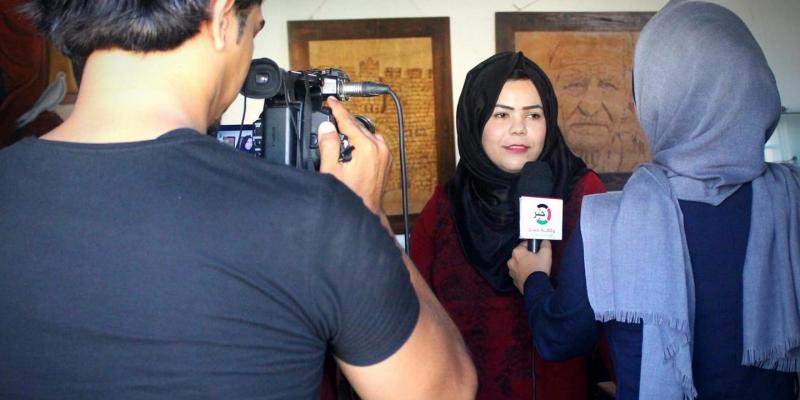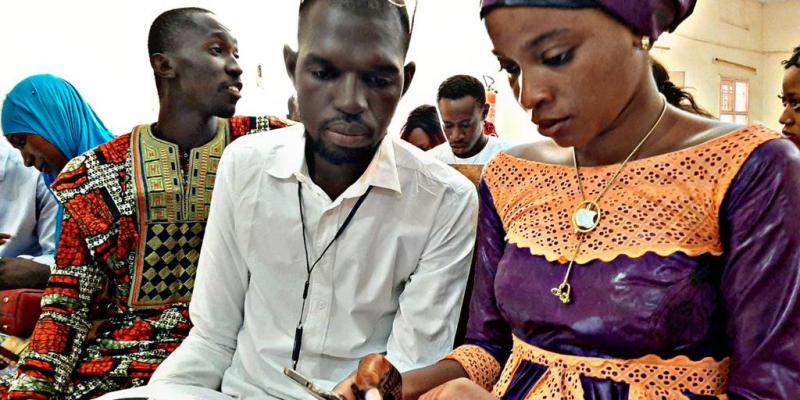Due to several contributory factors, most Ugandans – especially women, have very limited access to legal services, particularly in rural areas. For instance, most local leaders (cultural and political) have a wrong belief that women cannot own land although the law says otherwise. As a result, their rights are infringed upon, they have limited recourse for injustice and therefore do not enjoy the full potential of rights and duties they are entitled to.
The project mobilizes digital solutions to overcome physical and financial barriers to reach legal support while addressing the structural gender inequalities that prevents women from accessing justice
The project, whose objective was “to increase women’s access to justice through digital solutions for legal empowerment”, used digital solutions and community-based mediation to overcome barriers of geography, courts’ coverage, knowledge and cost. It provided community sensitisation on the rights and the law, legal information and guidance through digital tools (SMS, interactive voice responses (IVR) and a call-centre), and leverage community-based mediators to provide access to legal support at the grassroots. The use of digital tools not only enabled to reach to remote areas, but also solved language issues and allowed women to to access information outside the influence of men.
Through this approach, women are able to access tailored first line legal support and enjoy access to justice if they build sufficient and tailored knowledge about their rights. Women can access responsive spaces to ascertain their rights thanks to the dispute resolution process which promotes a gender sensitive rights-based approach to mediation. Therefore, women’s rights are protected and respected and communities can address the structural enablers of gender discrimination.





